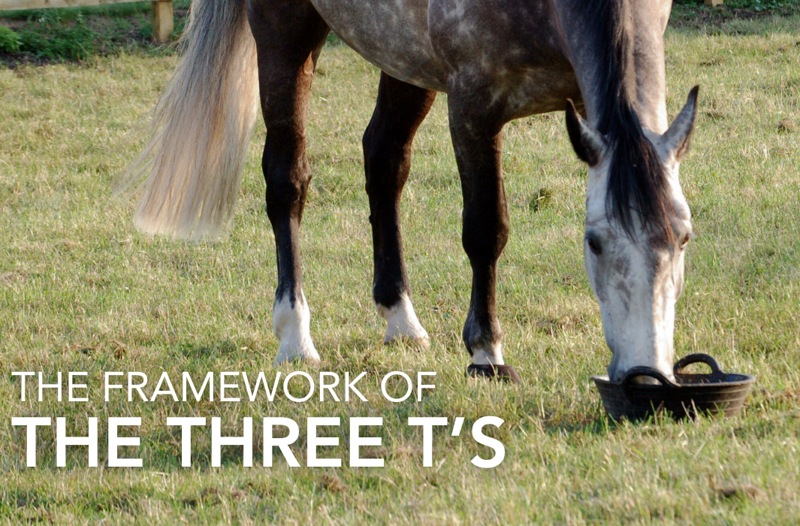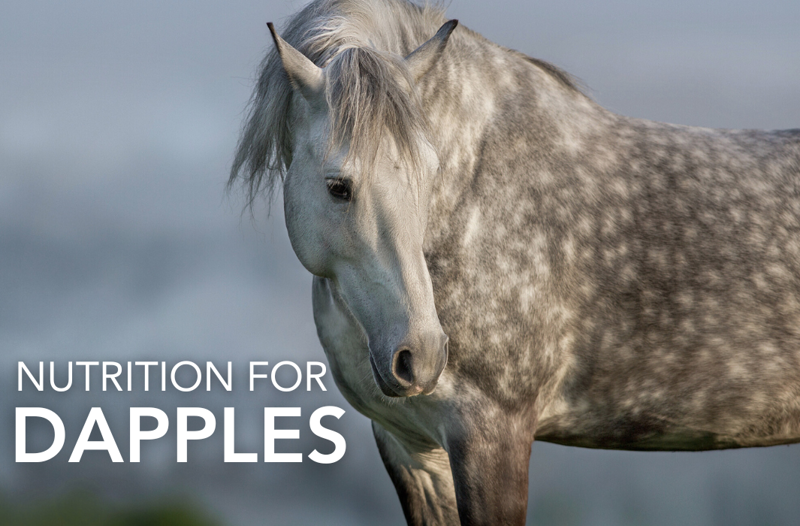How do you safely restrict the diet of your good doer? Our Registered Nutritionists share the things that need to be remembered when placing your good doer on a diet.
Filters
Blog Options
Blog archive
- 2025
- 2024
- 2023
- 2022
- 2021
- 2020
- 2019
- 2018
- 2017
- 2016
- 2015
- 2014
Close
45 YEARS AT THE CENTRE OF EQUINE NUTRITION™

- Bespoke All-in-One™
-
Products
- Back
- Horse Joint Supplements
- Horse Digestion Supplements
- Horse Muscle Supplements
- Horse Vitamins & Minerals
- Horse Calming Supplements
-
Horse Respiratory Supplements
- Back
- Clarity®
- Horse Hoof Supplements
- Horse Skin & Coat Supplements
- Horse Health Supplements
- Supplements for Older Horses
- Horse Breeding Supplements
-
Horse Hormone Supplements
- Back
- Hormonease™
- Horse Treats
-
Herbs for Horses
- Back
- Boswellia
- Burdock Root
- Celery Seed
- Chamomile
- Chastetree Berry
- Cider Apple Vinegar
- Cinnamon
- Clivers
- Comfrey
- Dandelion Roots & Leaves
- Devil's Claw
- Echinacea
- Fenugreek Seeds
- Fussy Feeder
- Garlic Powder
- Hawthorn
- Hedge Herbs
- Liquorice
- Marigold Flowers
- Marshmallow Root
- Meadowsweet
- Milk Thistle Seeds
- Mint
- Nettle
- Rosehips
- Seaweed
- Slippery Elm
- Spirulina
- Turmeric
- Yucca
- Canine
- Gift Cards / Rewards
- ABOUT US
- Contact Us
- Knowledge base
Menu
-
Products
- Back
- Horse Joint Supplements
- Horse Digestion Supplements
- Horse Muscle Supplements
- Horse Vitamins & Minerals
- Horse Calming Supplements
-
Horse Respiratory Supplements
- Back
- Clarity®
- Horse Hoof Supplements
- Horse Skin & Coat Supplements
- Horse Health Supplements
- Supplements for Older Horses
- Horse Breeding Supplements
-
Horse Hormone Supplements
- Back
- Hormonease™
- Horse Treats
-
Herbs for Horses
- Back
- Boswellia
- Burdock Root
- Celery Seed
- Chamomile
- Chastetree Berry
- Cider Apple Vinegar
- Cinnamon
- Clivers
- Comfrey
- Dandelion Roots & Leaves
- Devil's Claw
- Echinacea
- Fenugreek Seeds
- Fussy Feeder
- Garlic Powder
- Hawthorn
- Hedge Herbs
- Liquorice
- Marigold Flowers
- Marshmallow Root
- Meadowsweet
- Milk Thistle Seeds
- Mint
- Nettle
- Rosehips
- Seaweed
- Slippery Elm
- Spirulina
- Turmeric
- Yucca
- Canine
- Gift Cards / Rewards
- ABOUT US
- Contact Us
- Knowledge base
Dr. Stephanie Hyland BSc (Hons)
 Call Stephanie Hyland MSc RNutr. or
Call Stephanie Hyland MSc RNutr. or
Sophie Pelham Burn MMedSci ANutr.
on 0800 585525 for
free qualified equine nutrition advice
 Call Stephanie Hyland MSc RNutr. or
Call Stephanie Hyland MSc RNutr. or
Sophie Pelham Burn MMedSci ANutr.
on 0800 585525 for
free qualified equine nutrition advice
Blog
What can you do to support your veteran horse or pony? Our Nutritionist shares some helpful and vital tips to help you care for your golden oldies and optimise their well-being.
Here are 6 equine nutrition myths, and some clarity around them from our registered nutritionists.
Hard ground poses a multitude of problems for our horses, so it’s important to take precautions to minimise the risks.
In the summer months, a very common mistake is made by many horse owners who believe that horses turned out on good grazing do not need supplemental feed.
The liver is one of the largest organs in the horse’s body, accounting for 1% of its total bodyweight.
With gastric ulcers being a prevalent issue and often causing significant pain and discomfort for the horse, it is important to know the signs and symptoms.
Whilst all horses toss their heads occasionally, repeated headshaking can become more of a problem and even dangerous in some cases.
Feedmark's Nutritionist investigates the ways in which you can manage your horse's grass intake...
Different types of feed are digested at different rates, leading to differing rates of immediate energy availability in the working muscle.
The basics of good nutrition come down to three factors; Type, Timing and Total.
Dapples are traditionally thought to be a sign of good health, but other factors also influence their appearance.
Copyright © 2025 Feedmark Ltd. All rights reserved.
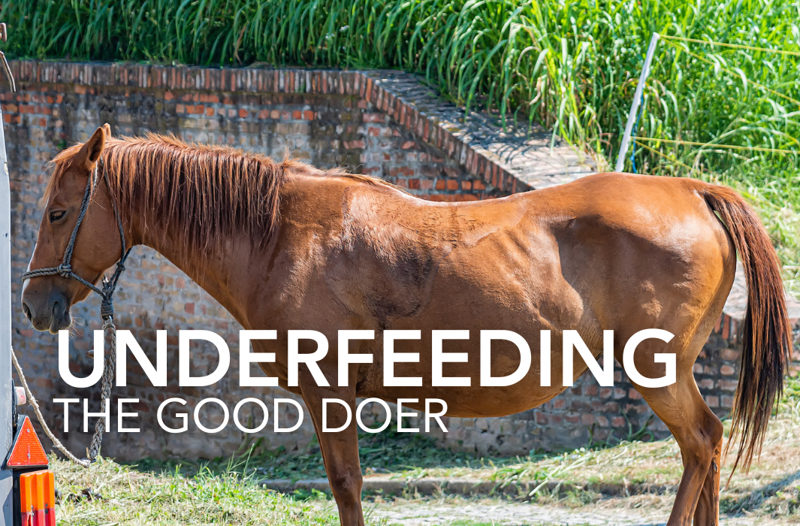
_800.png)
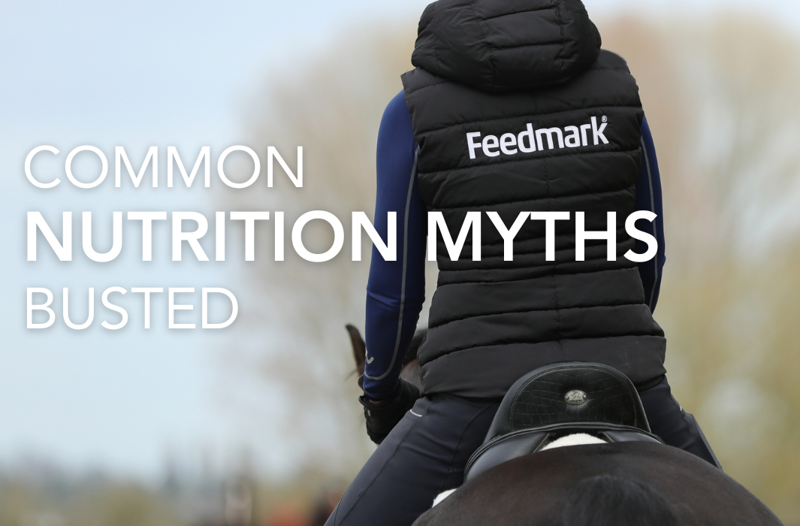
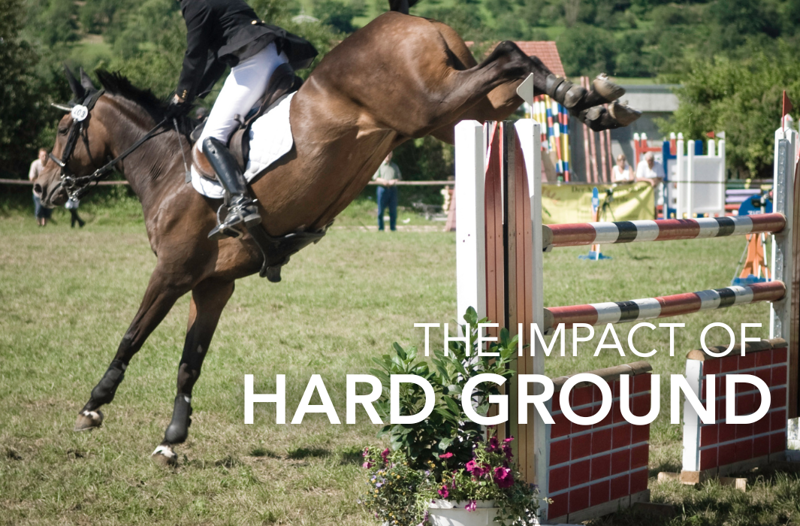
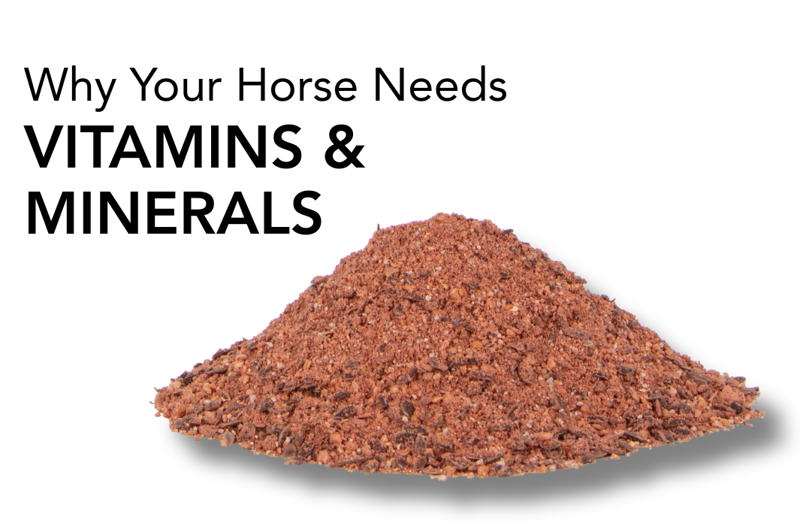
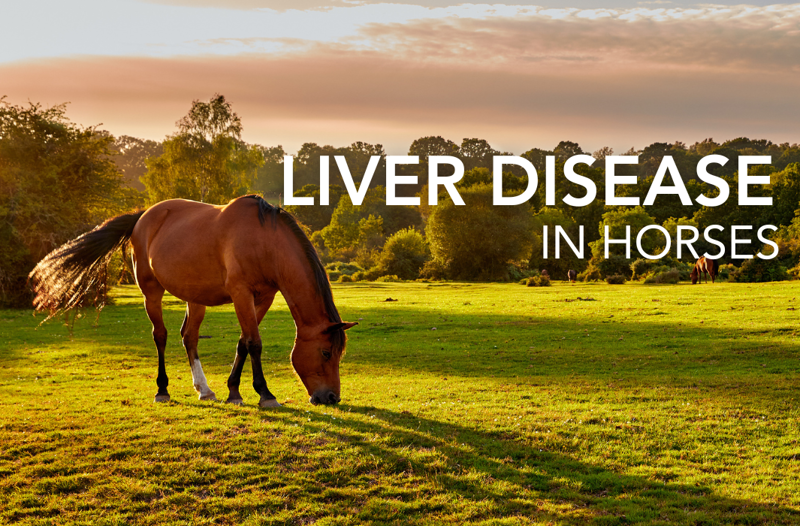
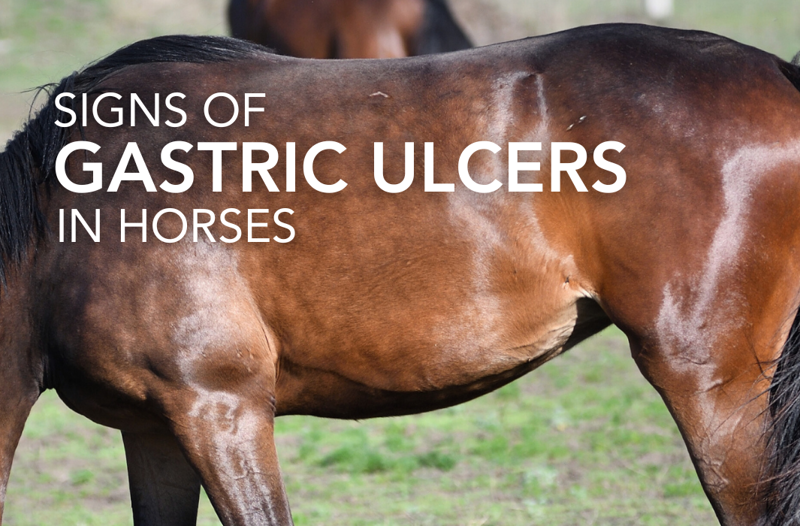
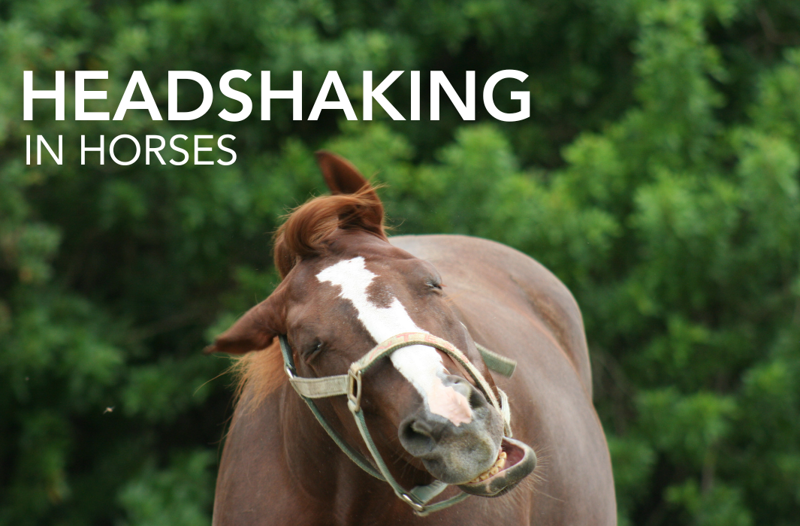
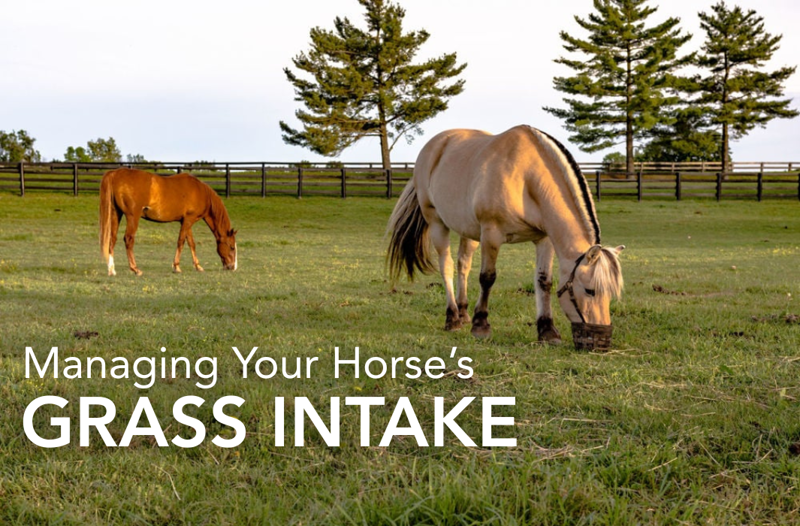
_800.png)
